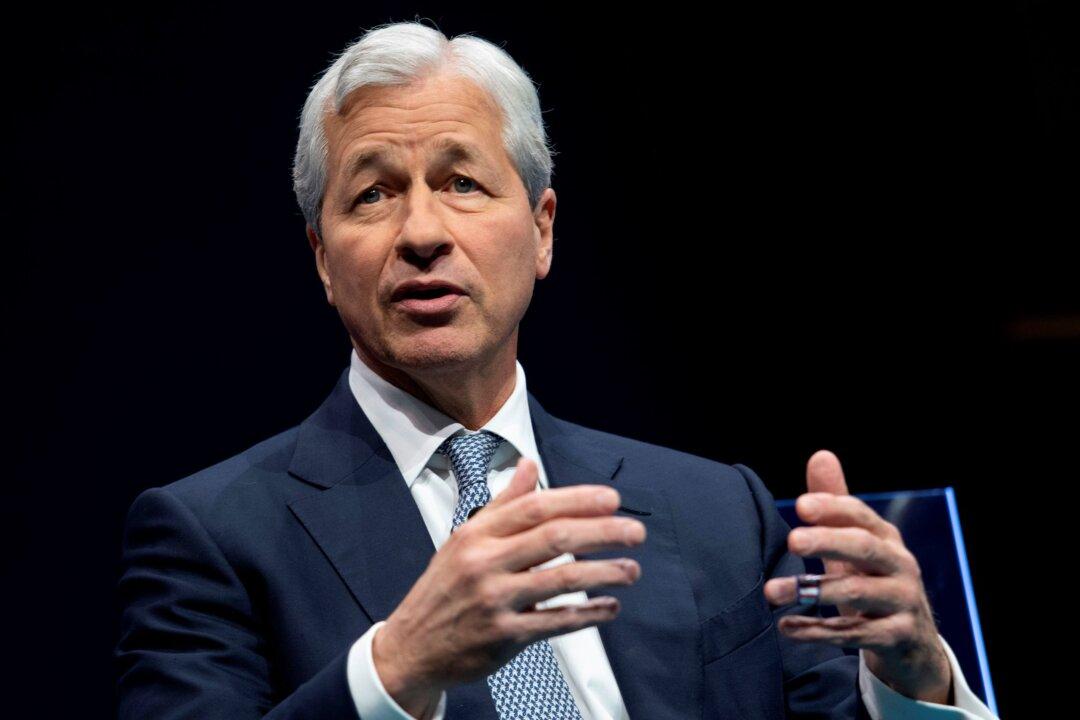Jamie Dimon, the CEO of JPMorgan Chase, says America needs a ‘Marshall Plan for energy’ to significantly boost domestic energy production, as oil and natural gas costs rise.
Dimon repeated his call to build up American energy infrastructure while speaking at a panel on CBS’s Face the Nation, on Dec. 11.





